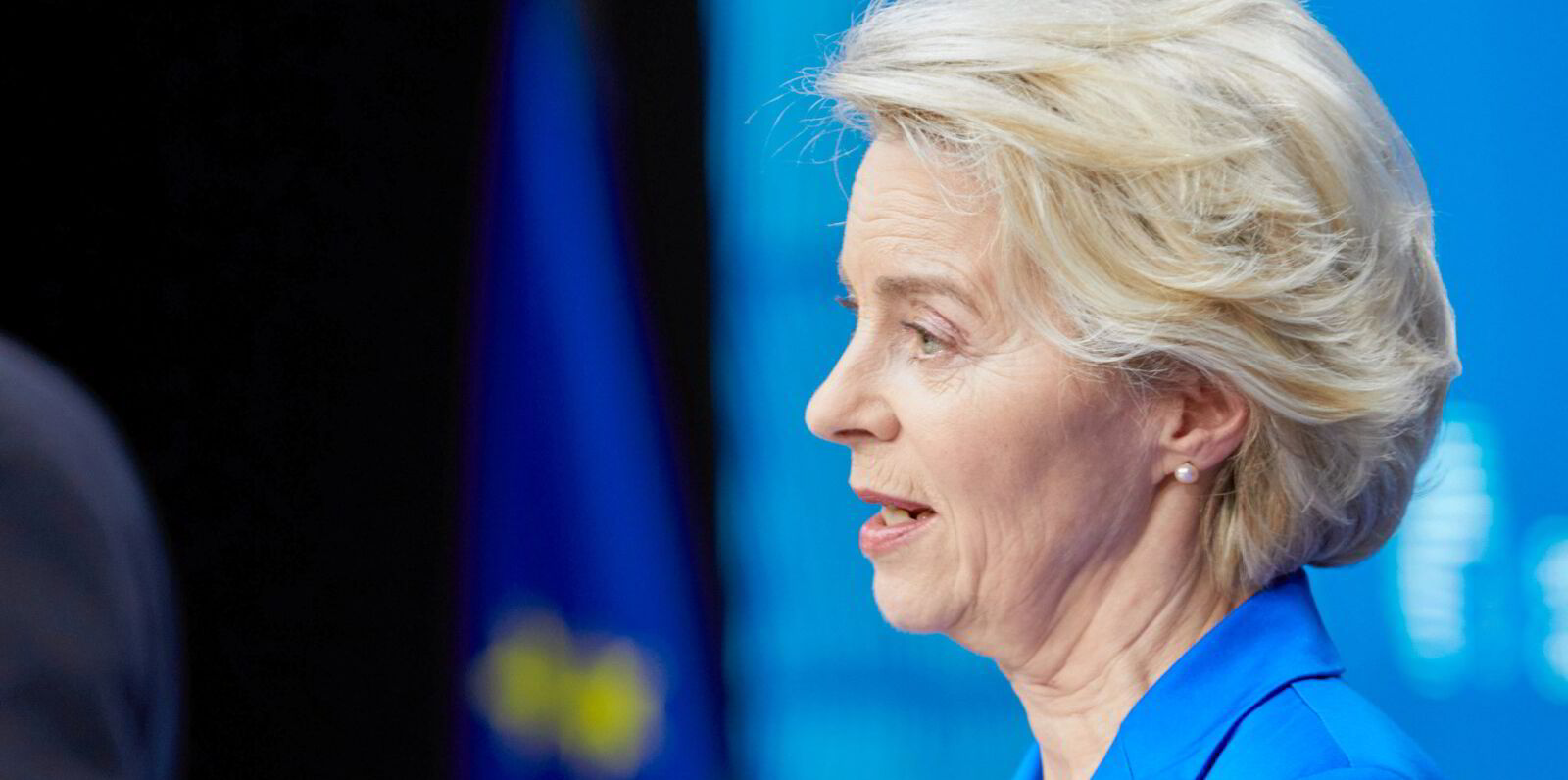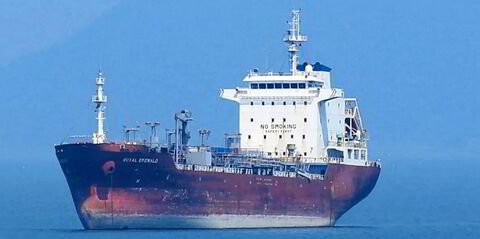Pools venture Ahti has clinched a fleet deal with Dutch owner and manager Van Weelde Shipping as new EU fuel rules approach.
The Finnish company now has 200 ships signed up to its platform, which allows smaller companies to gain compliance with the FuelEU Maritime regime coming into force in January.
Ahti claims to be the world’s first such pool.
Owners of low-emission ships can be compensated for their excess allowance, while owners of more polluting vessels can avoid heavy penalties.
Van Weelde owns the dry cargo fleet managed by Orient Shipping Rotterdam (OSR), which has signed a letter of intent to join the pool.
OSR has 12 ships ranging from handysizes to ultramaxes.
Ahti Climate chief executive Risto Kariranta said: “We’re excited to welcome OSR to Ahti Pool. Our fully neutral solution isn’t tied to any compliance options, and this flexibility enables us to transparently reduce our clients’… compliance costs for each of their ships’ unique trading patterns.”
Van Weelde technical director Raoul de Troije said the move was a strategic decision for the group.
“After considering the available FuelEU Maritime compliance options it was an easy choice to make because Ahti Pool will help us to maintain our competitive edge, and doesn’t require much additional admin,” he added.
Compliance is not enough
De Troije continued: “We’re looking forward to working with Ahti and benefiting from its expertise in this area. At the same time, we realise that we actively need to evaluate all our options where it concerns sustainability and efficiency of our fleet and that just being compliant will not be enough.”
Founded and run by Kariranta, Ahti draws on artificial intelligence to work out compliance implications.
Different owners and different vessel types can be brought together for their mutual benefit, avoiding penalties running into millions of dollars.
Ahti has calculated that one e-methanol-fuelled vessel can enable the FuelEU Maritime compliance of 70 ships running on heavy fuel oil.
FuelEU Maritime considers the well-to-wake emissions of greenhouse gases.
The regulations will require all ships entering European Union waters to comply with new carbon intensity limits on vessel emissions.
The main aim is to increase the demand for, and consistent use of, renewable and low-carbon fuels.
Any compliance surplus can be “banked” for later years.






